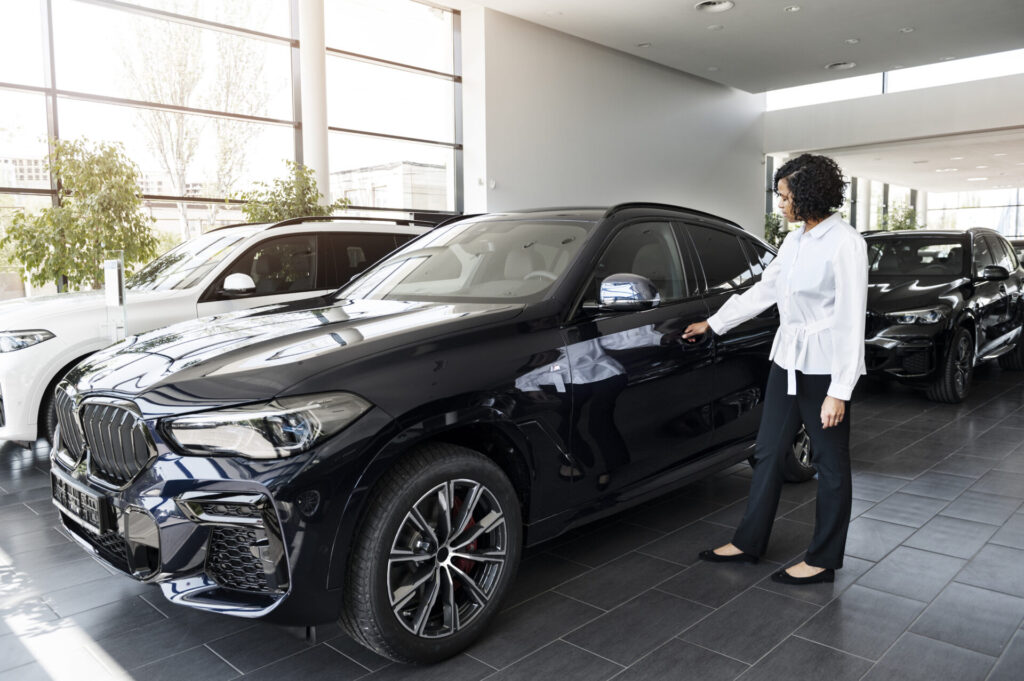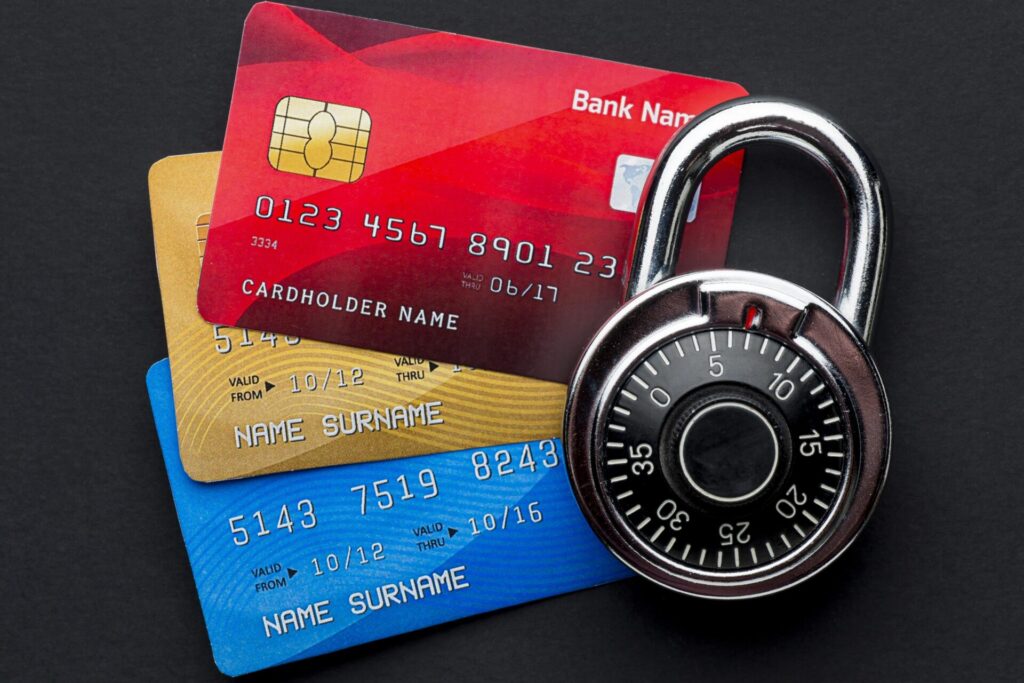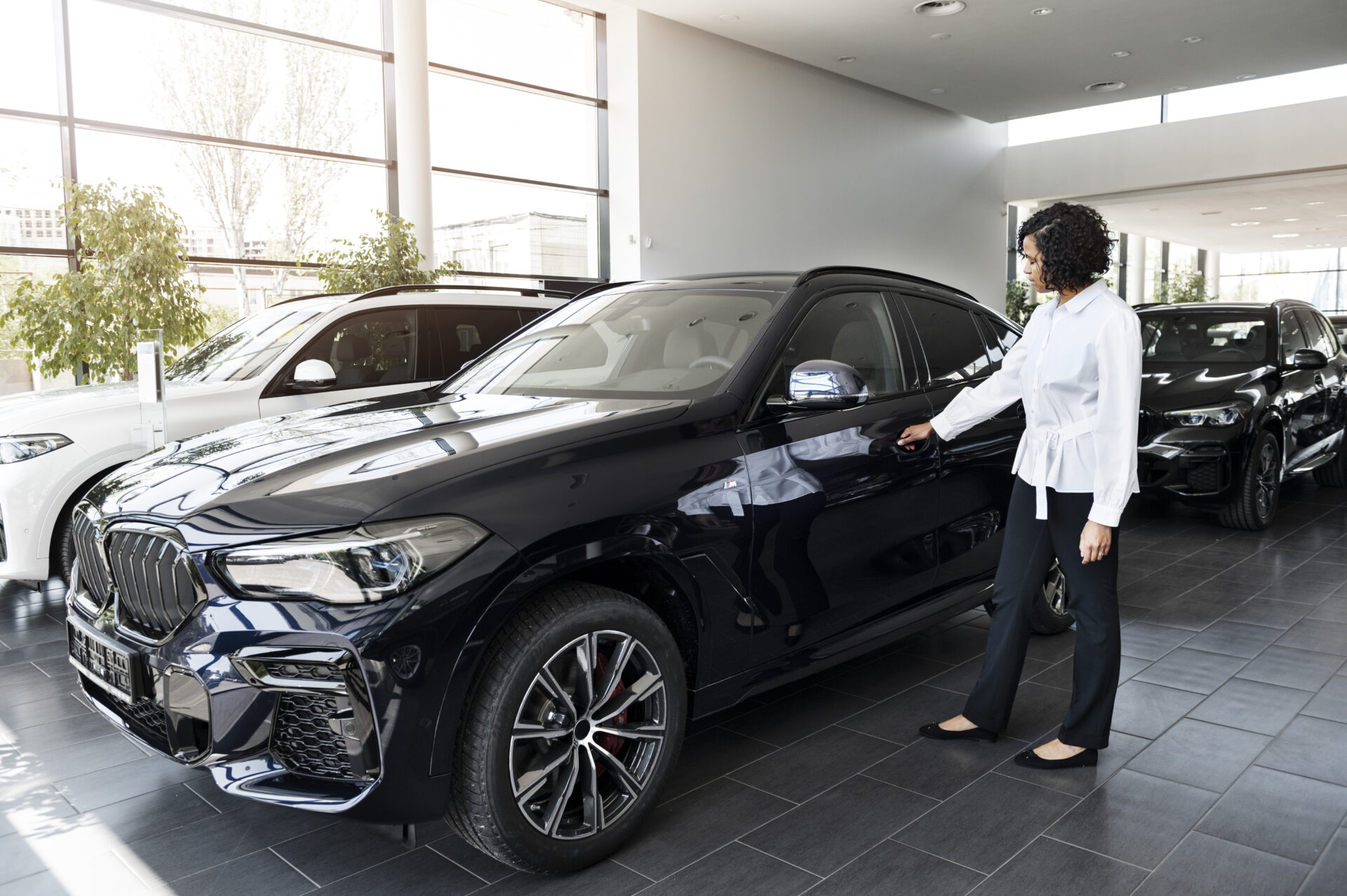
Buying a used car can be a good idea to save money, but it’s important to approach the process carefully. Whether you’re purchasing from a car dealer or a private seller, following these steps will help ensure you get a reliable vehicle at a fair price.
9 used car buying Tips :
Set Your Budget Wisely
Before you start car shopping, determine how much you can afford to spend. Factor in the price of the car, insurance, registration, maintenance, and potential repairs. If you’re considering financing, calculate the monthly payment and compare interest rates from different lenders. Getting an auto loan with a lower rate can save you money in the long run. Consider using online loan calculators to estimate monthly payments and check your credit score before applying for a loan.
Research the Right Used Car Buying Tips

Think about the model years that fit your budget and needs. Are you looking for a fuel-efficient sedan, a spacious SUV, or a rugged truck? Research different makes and models, read customer reviews, and compare prices from both dealers and private sellers. Certified Pre-Owned (CPO cars) from a dealership often come with added benefits like inspections and extended warranties. Look at resale values and reliability ratings to ensure the car will hold its value over time. Some of the best sources for research include:
- Kelley Blue Book (KBB) – Provides car valuations and reviews.
- Edmunds – Offers expert reviews, ratings, and comparisons.
- Carfax – Helps check vehicle history reports.
Check the Vehicle History Report
Before making a purchase, always check the vehicle history report. This report provides details about previous accidents, service records, title issues, and any outstanding auto loans. Ask the seller for maintenance records to ensure the car has been properly cared for. A clean history increases the likelihood of a trouble-free ownership experience. Websites like AutoCheck allow you to check a car’s history by entering its VIN.
Inspect the Car Carefully
Thoroughly examine the car inside and out. Look for dents, scratches, rust, or signs of repainting that might indicate past damage. Test all lights, windows, air conditioning, and electronic systems. Check the tires for even wear and inspect the brakes for responsiveness. If you’re buying from a private seller, be extra cautious and perform a detailed inspection before committing. Check for fluid leaks under the vehicle and inspect the undercarriage for rust, especially if the car has been used in snowy or coastal regions.
Take a Test Drive
A test drive is crucial when buying a used car. Drive on different types of roads to assess handling, braking, and acceleration. Listen for unusual noises from the engine, transmission, or brakes. Check the steering for smooth operation and ensure the seats, visibility, and controls feel comfortable. If possible, bring along a friend or mechanic for a second opinion. Make sure to test the car in stop-and-go traffic, on highways, and on rough roads to get a full sense of how it performs.
Get a Professional Inspection
Even if the car appears to be in great condition, having a trusted mechanic inspect it is a good idea. They can identify hidden issues with the engine, suspension, transmission, and other key components. If a seller refuses an inspection, it could be a red flag. Expect to pay around $100-$200 for a thorough pre-purchase inspection, which can save you thousands in future repairs.
Negotiate the Best Deal
Don’t hesitate to negotiate the price of the car. Use your research, inspection findings, and vehicle history report to justify your offer. Whether you buy from a dealer or a private seller, staying firm yet polite can help you secure a better deal. If the price isn’t right, be prepared to walk away—there are always other options available. Learn about dealership fees and add-ons, and avoid unnecessary extras that inflate the cost.
Verify All Paperwork
Ensure that all necessary documents are in order before completing the purchase. This includes the registration certificate, insurance papers, pollution certificate, and loan clearance documents (if applicable). Cross-check the engine and chassis numbers on the car with those in the documents to prevent any legal issues. If buying from a dealer, ensure the title is clean and not marked as “salvage” or “rebuilt.”
Make a Safe Payment

To protect yourself from fraud, use secure payment methods such as bank transfers or cashier’s checks. Avoid cash payments to keep a proper record of the transaction. Always get a receipt detailing the amount paid, the date, and key vehicle details, including the Vehicle Identification Number (VIN). If financing, read all the loan terms carefully and avoid signing contracts with hidden fees or high-interest rates.
Additional Tips for a Smart Purchase
- Consider the total cost of ownership, including fuel efficiency and potential repairs.
- If buying from a car dealer, ask about return policies and refund options.
- If purchasing from a private seller, meet in a safe, public location and avoid making large payments upfront.
- Research the best times of the year to buy a used car—prices tend to drop towards the end of the year and during holiday sales events.
Final Thoughts
Following these used car buying tips will help you make an informed decision and avoid potential pitfalls. Whether purchasing a CPO car with an extended warranty or negotiating with a private seller, taking the right steps ensures you get a reliable vehicle at the best possible price. For additional resources, check out Consumer Reports Used Car Guide for expert advice and in-depth reviews. Happy car shopping!

